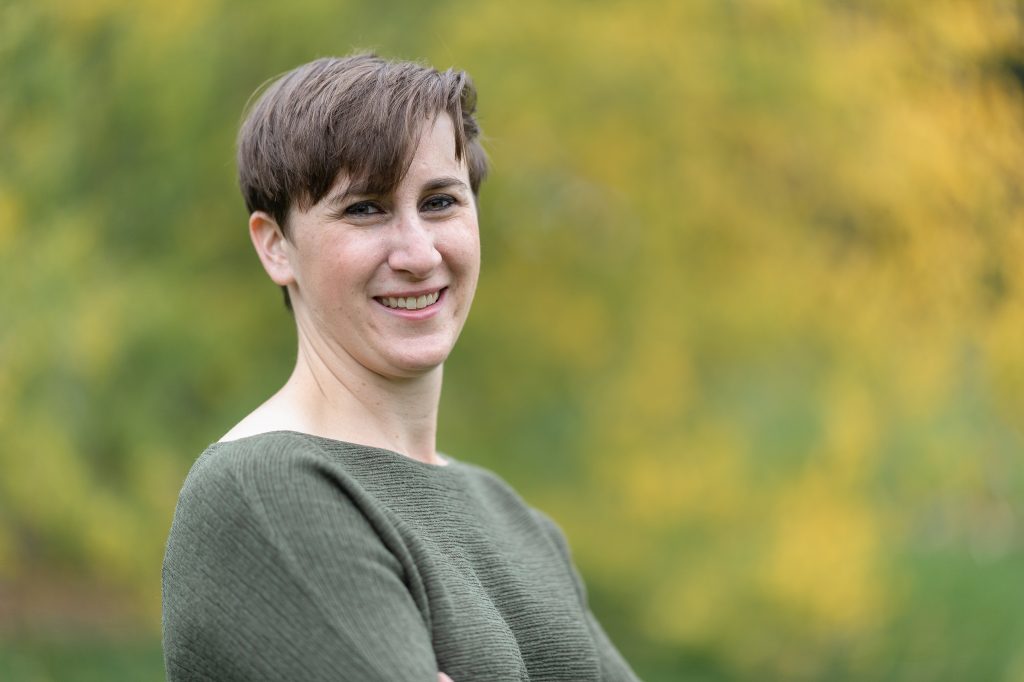We are living in unprecedented times, surrounded by uncertainty. Last week a wise friend of mine said, “every day is a week, every week is a month, and every month is a year.” I’ve never heard words that felt more true. As many of us have shifted to hunkering down in our homes, we at REACH are hearing about increasing needs from survivors of domestic violence. We know that social distancing is creating an influx of abusive experiences for many survivors, and we are committed to being here to support them throughout the duration of this pandemic, and in the challenging days we know are ahead.

Amid this chaos we have heard from many of you asking the same question: What can I do to help? Whether you are a member of a faith community, childcare center, yoga studio, or any other group, we have compiled a list of suggestions for ways you can help support survivors today.
Find opportunities to check in on how people are doing
This is likely already in your community’s plan, but finding ways to connect with people individually to see how they are creates connection. It’s worth noting that it may be unsafe for survivors to name their experience at this time, but finding ways to ask how things are going with one’s family can plant a seed that they can talk to you about challenges at home. And, even for those who are not experiencing abuse, being isolated with our families is hard. Framing this question in an open ended way can normalize a stressful and scary time for healthy and abusive situations alike.
Include REACH’s 24-hour phone number and services in regular communication
Most communities and congregations we have worked with help survivors connect with REACH by providing posters, pamphlets, or signs with our agency’s services and contact information. These materials are often kept in offices and bathrooms. Since people are no longer accessing those physical spaces, it’s especially important to find new ways to share this contact information. If you have a regular newsletter or bulletin, please consider including our agency’s information each week, especially our website www.reachma.org, and our 24-hour number 1-800-899-4000. This will increase access for those experiencing abuse to connect with our services.
Share posts from REACH on your congregation/organization’s or personal social media
REACH has active Facebook, Instagram, and Twitter accounts. Consider sharing one (or a few) of our posts, especially ones that explains that our services are still available no matter how long this pandemic lasts.
Act as a liaison to connect folks to REACH
If folks haven’t already connected with us, they may first turn to you to talk about their experience. It’s important to note that they likely won’t say the phrase “I’m being abused.” It’s more common to hear phrases like “They’re just so stressed right now, everything I do makes it worse,” or descriptions of feeling like they are “walking on eggshells” around their partner.
We encourage open ended questions as responses, so the person you are speaking with remains in control of the situation. Mirror their language (if they use the word “boyfriend” don’t start saying “abuser” as it can dissuade further conversation). Most importantly, listen to and believe what they are saying. Offer options, but not ultimatums or “advice.” Those who are abusive are gaining and maintaining power and control over their partners- in short, they are taking choice and control away from them. The more you can offer opportunities for the survivor to remain in control, the more likely it is that they’ll continue trusting and leaning on you.
Attend an upcoming webinar with REACH on how to support survivors
Supporting survivors is hard, especially when they are people we love and care about. REACH is currently in the process of shifting some of our most popular in-person workshops to webinars to connect with people during this unprecedented time. In REACH’s “What to Do? What to Say?” webinar, we will first examine what abuse looks like, and use that information to understand how best to offer support to those we care about. Information about upcoming webinar opportunities will be posted on our website and social media pages.
Connect with REACH’s Community Engagement Specialist for support around specific situations
I am here for you. As the Community Engagement Specialist, a big part of my role is to support the supporters. REACH is here, even during this pandemic, as a resource for all survivors regardless of gender identity, sexual orientation, immigration status, income, or any other factors. And we know that not all survivors will reach out. Therefore, I am here for you, to help you gain the confidence and competence necessary to support survivors in your community. Together we can talk through language about how to explain what connecting with our program could look like, and for those who aren’t yet ready to call, what you can do to support them in the meantime.
Make a Donation
We support survivors every day, pandemic or not. But over the past few weeks, we are hearing from survivors that their financial needs are increasing due to COVID-19. Many have lost jobs or income, and are struggling to afford basic needs like groceries and disinfectant wipes. We need your help in spreading the word and in donating today, to directly help survivors in this time of unique crisis. If you can, please make a donation here.
To connect with REACH’s Community Engagement Specialist, please email lauren@reachma.org.





